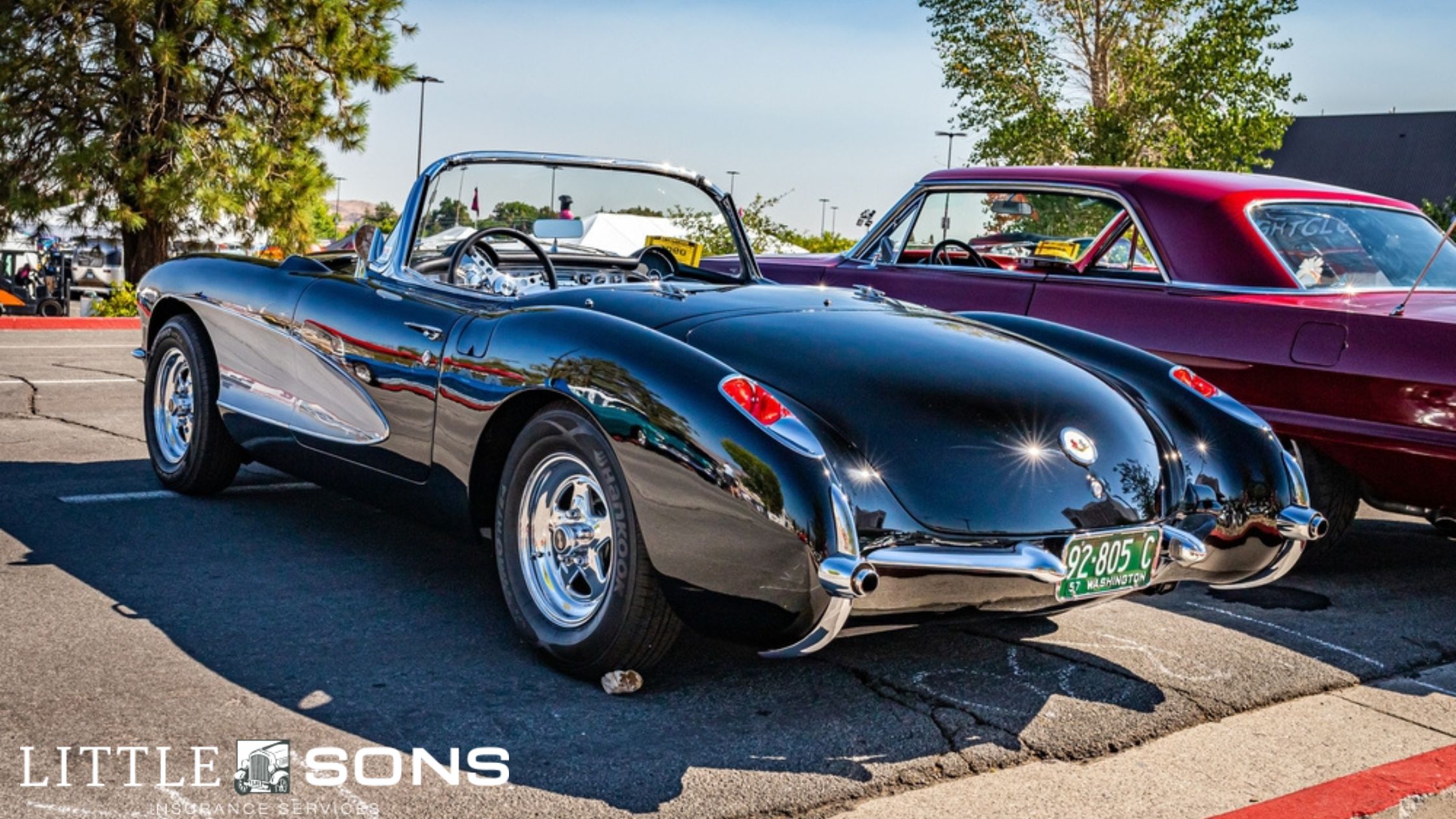



People often use the terms classic, antique, and vintage interchangeably while mentioning older cars. However, the price, historical status, and age of the vehicle decide whether it is classic, vintage, or antique. Read more to understand the types of antique cars and whether they need insurance.
Antiques represent the widest selection of collector vehicles. Antique cars are often purchased by collectors who don't plan to drive them much. Instead, they are showcased at car shows or sold at higher prices after being restored. Basic forms of collector car insurance can be purchased for antique or classic cars.
Related Article: Classic Car Insurance Guide: What You Need to Know
While vintage cars were generally made from 1919 to 1930, antique cars are usually at least 45 years old, and classic cars are over 20 years old. Antique cars are mostly used for car shows or restoration projects.
Some of the popular antique cars are:
The factors determining antique car value include the year, make, model, and restoration quality. While a fully restored antique car can command a high price, an old car that needs plenty of restoration work won't be very valuable until it's restored.
Antique car insurance shares some similarities with regular car insurance but doesn't cover a primary vehicle used for commuting. While a modern car tends to depreciate, an antique car can increase in value over time if it's been elaborately restored, so the market value of an antique car is hard to measure.
You will initially need to establish an agreed-upon value of the car with your insurer, who will usually have the vehicle appraised by a professional. An alternative is simply agreeing with the insurer on the payout value if the car is damaged.
Check with state laws on the minimum insurance you need for an antique car. It needs to have a certain amount of liability coverage in case it's involved in an accident. You won't need as much coverage as a regular car as you will not drive it. However, the more you use or showcase your antique car, the more coverage you'll need.
Any time a car is on the road, it risks colliding with another vehicle or being damaged by something in the environment. You may want to add collision or comprehensive coverage if you use the vehicle frequently. However, you don't necessarily need a lot of coverage if you don't use it much.
Getting antique car insurance isn't the same as insuring any depreciating old car. An agreed value plan in antique car insurance won't cover the full value of your car if it increases in the future. Besides antique car insurance, you can rely on a factory extended warranty to protect the value of your vehicle.
Though you may not need additional coverages for your antique car, getting the right car insurance coverage for extensive protection is important. Contact us today at Little & Sons Insurance Services for an all-inclusive collectible car insurance policy.
[gravityform id="11" title="true" description="true"]Also Read: What Every Classic Car Owner Needs to Know!